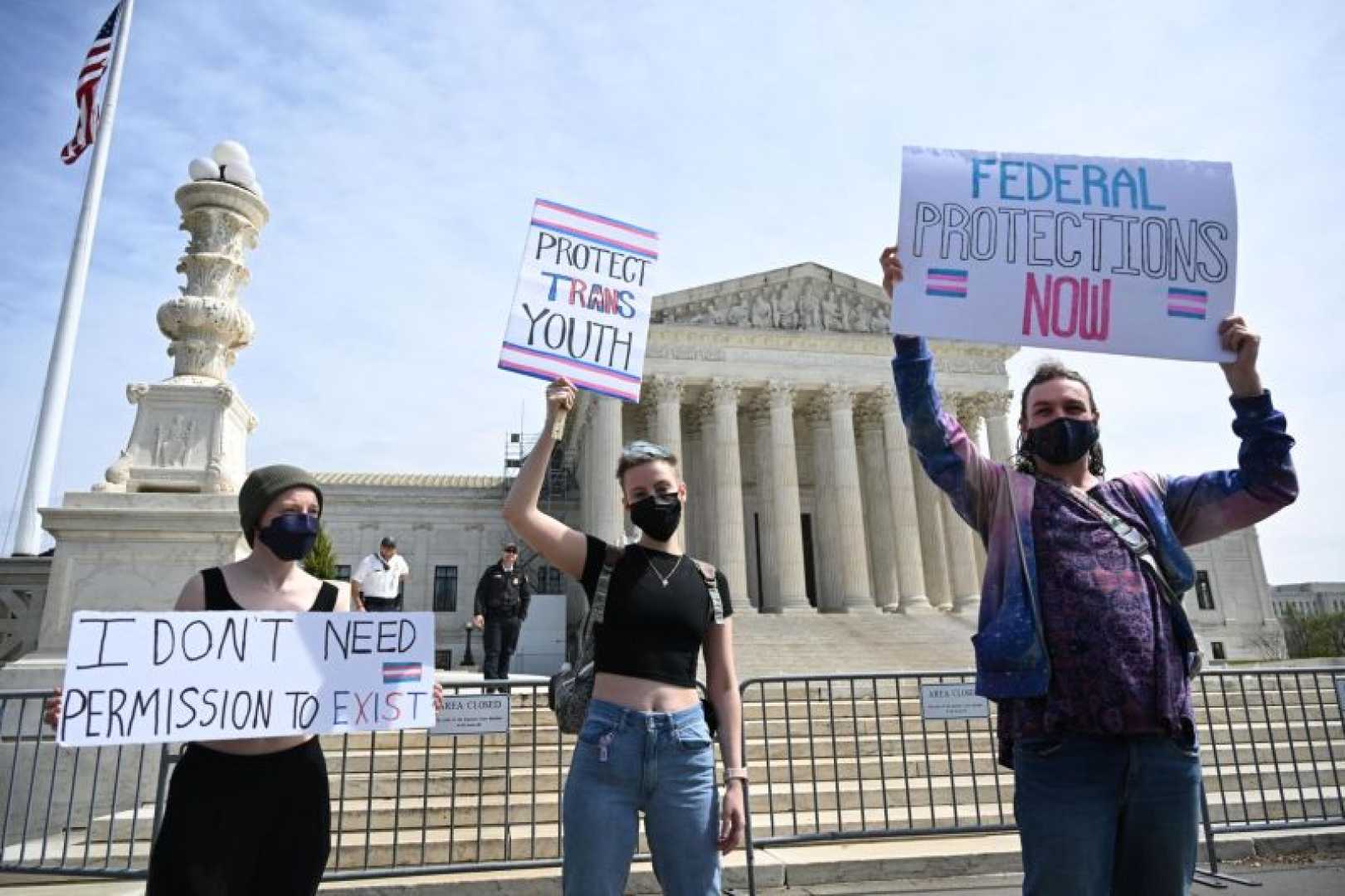Politics
Supreme Court Ruling Sparks Debate on Women’s Rights and Trans Protections

LONDON, England — A former civil servant involved in drafting the Equality Act has said that the UK Supreme Court’s recent ruling regarding the legal definition of a woman contradicts the original intentions of the legislation. Melanie Field, who played a crucial role in the drafting and passage of the act in 2010, expressed concerns about how the ruling could affect protections for transgender individuals.
The Supreme Court’s 88-page judgment stated that the term “woman” refers solely to biological women, which Field described as a significant reinterpretation of the act’s purpose. “The clear premise was to give transgender individuals with gender recognition certificates the same legal status as biological men and women,” Field wrote on LinkedIn.
Field, who served as deputy director of discrimination law at the Government Equalities Office, emphasized that this ruling could have unforeseen consequences. “We all need to understand what this change means for how the law provides for the appropriate treatment of natal and trans women and men in a whole range of contexts,” she added.
The Equality Act 2010 and the Gender Recognition Act 2004 were intended to create a legal framework that protects the rights of all individuals, regardless of gender identity. However, the Supreme Court’s recent ruling has prompted public agencies, including hospitals and police forces, to reevaluate their inclusion policies regarding transgender individuals.
The judgment indicated that while the word “biological” does not appear in the act’s definitions of “man” or “woman,” the ordinary meaning of those terms aligns with biological characteristics. This interpretation has raised alarms among advocates for transgender rights, asserting it undermines the protections the act was meant to ensure.
Kishwer Falkner, chair of the Equality and Human Rights Commission (EHRC), stated the commission is developing new statutory guidance in response to the ruling, addressing concerns over access to single-sex spaces, health services, and sports for transgender people. “The court’s reasoning is a victory for common sense,” Falkner remarked, highlighting the need to respect the rights of trans individuals while adhering to the law.
The Supreme Court’s ruling followed a legal challenge by the group For Scotland against the Scottish government, which allowed trans women to occupy positions reserved for women on public boards. The Scottish government, insisting it was compliant with the Equality Act, is seeking discussions with the EHRC and the UK government to clarify the implications of the ruling.
Field criticized changes related to sections of the Equality Act that reference pregnancy and maternity, suggesting they were altered due to political pressure, potentially undermining the rights of trans men who can become pregnant. “This undermines the coherence of the drafting,” she indicated. “I fear that this anomaly played a significant role in the approach taken by the court.”
In response to the judgment and its ramifications, Field mentioned, “It’s not for me to say the Supreme Court has got it wrong. But I’m pointing out what I know about parliament’s intention, which was not the conclusions they’ve come to.”
The ruling has ignited a wider debate about gender identity and online safety across various sectors, leading organizations to reevaluate their policies. As the full ramifications of the Supreme Court’s ruling unfold, it remains to be seen how it will impact the protection of transgender rights throughout the UK.












